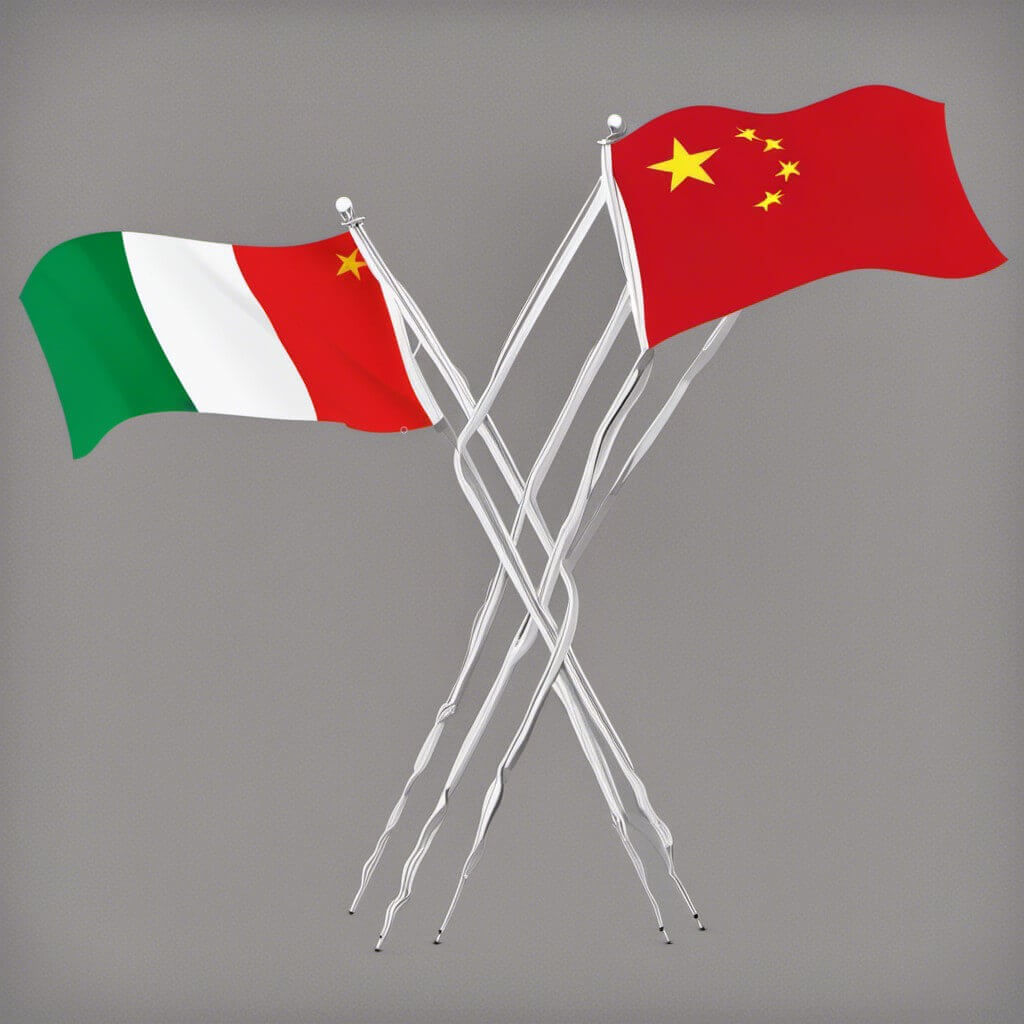Italy’s engagement with China’s ambitious Belt and Road initiative has been a subject of scrutiny and debate. As the largest economy to sign the pact, Italy’s recent announcement of seeking a way out of the initiative has raised eyebrows in the international arena. In this article, we will explore Italy’s journey with the Belt and Road initiative, the factors influencing its decision to exit, and the implications on geopolitical dynamics and economic ties.
Table of Contents
Italy’s Belt and Road Inclusion:
A Recap Four years ago, under a previous government, Italy took the momentous step of joining China’s Belt and Road initiative, becoming the only major Western power to participate in the program. The move was viewed with curiosity and skepticism, as critics questioned the motives behind Italy’s decision to align with China’s grand infrastructure project.
The Promise of Economic Boost:
An Unfulfilled Prophecy At the time of joining the Belt and Road initiative, Italy was hopeful that the partnership with China would provide a much-needed boost to its exports. However, as the years passed, the promised economic benefits failed to materialize. On the contrary, China’s exports to Italy experienced a significant surge, leading to concerns about the trade imbalance and the potential impact on Italy’s domestic industries.
Unraveling Geopolitical and Economic Implications Italy’s participation in the Belt and Road initiative has not only been a matter of economic significance but also a subject of geopolitical importance. Critics argue that the initiative is China’s strategy to expand its geopolitical influence and economic reach globally. As Rome contemplates its exit, there are questions about the implications on Italy’s position within the international community and its relations with both China and other Western powers.
Prime Minister Giorgia Meloni’s Government’s Perspective Prime Minister Giorgia Meloni’s government is at the helm of Italy’s decision to exit the Belt and Road initiative. The government has expressed dissatisfaction with the program’s outcomes and believes that the move will allow Italy to regain control over its economic policies and trade dynamics. This step is seen as an effort to balance Italy’s economic interests with its geopolitical positioning.
The Exit Strategy:
Weighing the Options While Italy is set on exiting the Belt and Road initiative, the process requires careful consideration and strategy. The government must navigate through the complexities of disengagement, ensuring minimal disruptions to existing trade relations with China while protecting its national interests. As Italy formulates its exit plan, the international community watches closely to gauge the potential consequences on global trade dynamics.
Impact on Bilateral Relations:
China and Italy Italy’s decision to exit the Belt and Road initiative is likely to have ramifications on its bilateral relations with China. While both countries have emphasized their commitment to continue economic ties, the shift in Italy’s stance may prompt reevaluations and negotiations regarding trade agreements and investments.
The Geopolitical Landscape:
Italy’s Role As the sole major Western power to join the Belt and Road initiative, Italy’s exit presents significant geopolitical implications. It challenges the notion of Western unity in response to China’s global influence and raises questions about how other Western nations view China’s initiatives in the context of their own strategic interests.
Conclusion:
Italy’s decision to exit China’s Belt and Road initiative marks a significant moment in the country’s economic and geopolitical journey. As the largest economy to sign the pact, Italy’s participation and subsequent withdrawal have garnered attention from the international community. The move reflects Italy’s pursuit of striking a balance between economic interests and geopolitical positioning. As Rome proceeds with its exit strategy, the world watches keenly to see how this decision will shape Italy’s role on the global stage and impact the dynamics of international trade and cooperation.
